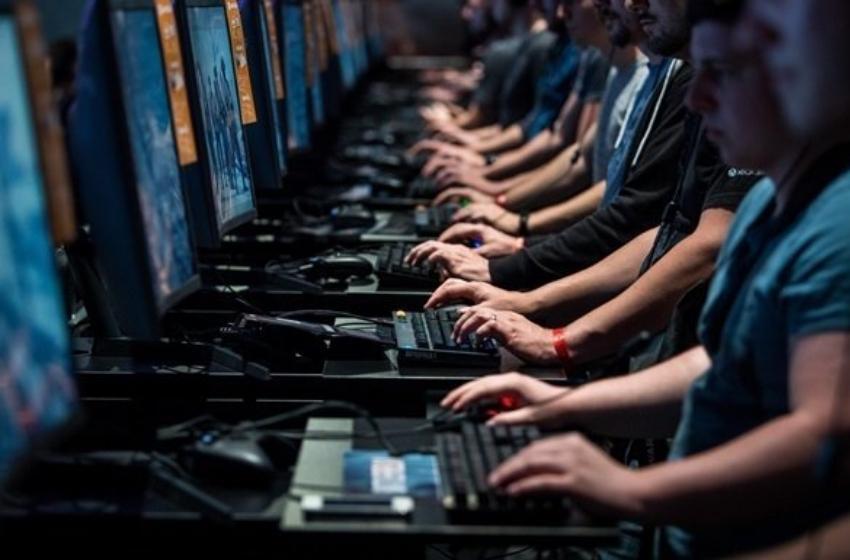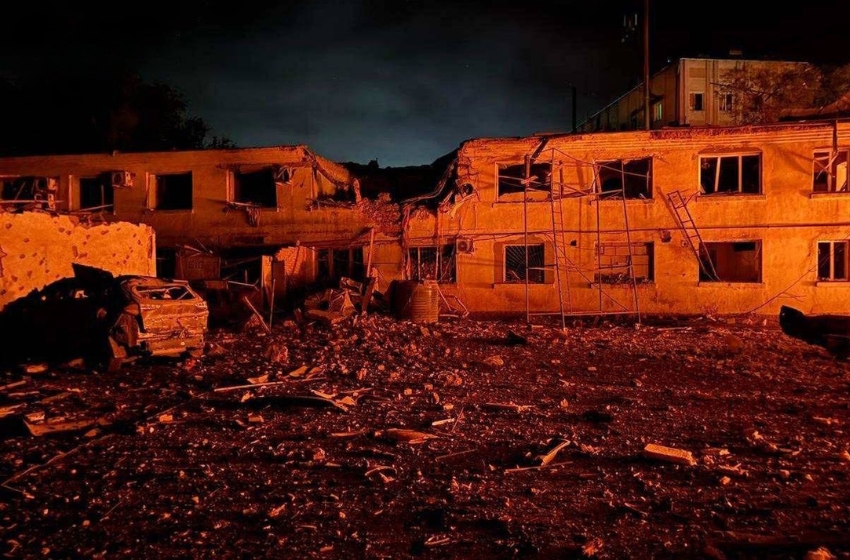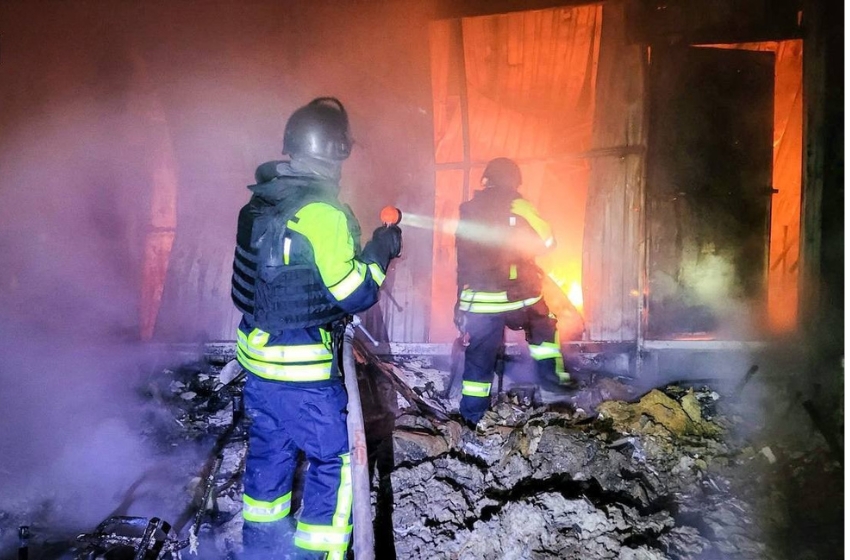Since the beginning of the full-scale Russian invasion, the Ukrainian special services have neutralized more than 270 cyber attacks on the IT systems of government agencies, telecom operators, and the Ukrainian media.
In addition, during this period, dozens of networks of Russian Internet agents were exposed, who "dispersed" disinformation about the situation at the front and called on citizens to support the occupiers.
In the Poltava region:
SSU officers neutralized a hacker group that worked in the interests of Russia's special services. The attackers planned to carry out a series of powerful cyber-attacks on digital systems of the government and critical infrastructure of Ukraine.
The criminal group consisted of four hackers who specialized in conducting DDos attacks on digital information resources.
Hackers obtained money for subversive activities through banned Russian payment systems.
Communication between themselves and their Russian "curator" was maintained through closed channels.
Also on the region's territory, the boot farm of the special services of the Russian Federation, which the occupiers used to spread hostile propaganda and disinformation, was liquidated.
Almost 7,000 fake accounts registered on the telephone numbers of both Ukrainian and foreign mobile operators were used to spread destructive content.
In Vinnytsia:
SSU investigators have completed a pre-trial investigation into a local woman who advocated Russian aggression against Ukraine and justified the occupiers' crimes. It has been established that the malefactor was a member of the banned party in our country and maintained close ties with Kremlin propagandists.
In addition, in communication with her contacts in Russia, she passed information about enemy rocket attacks in Vinnytsia.
Currently, the materials of the criminal proceedings have been sent to court.
In Kyiv:
Detained a Russian Internet agent who called for the seizure of power in Ukraine. He also publicly supported the conduct of an aggressive war against our state and denied the facts of war crimes in Russia.
The attacker used social networks "Vkontakte" and "Classmates" banned in Ukraine to spread hostile agitation.
In the Donetsk region:
Officers of the Dnipropetrovsk branch of the Security Service of Ukraine exposed a pro-Russian blogger who agitated citizens to help the aggressor. He recorded his appeals on video and distributed them through his own social media accounts.
In addition, the attacker promoted the idea of ​​physical violence against government officials in Ukraine.
In the Rivne region:
According to the SSU, an indictment was filed against another hostile accomplice. She turned out to be a former employee of one of the strategically important sites in the region who was spreading Kremlin disinformation.
It is established that the malefactor publicly denied the facts of killing civilians in the Kyiv region by the occupiers and rocket attacks by invaders on Ukrainian cities, including the railway station in Kramatorsk.
In the Cherkasy region:
SSU cyber specialists blocked the activities of three hostile propagandists. It is documented that the residents of the Cherkasy region carried out active pro-Kremlin propaganda on the pages of Russian social networks and in thousands of Internet communities. They openly supported the actions of the invaders and praised the success of the so-called "denazification".
The SSU continues to systematically expose and neutralize threats of subversive activities of the aggressor against the state security of Ukraine.





















